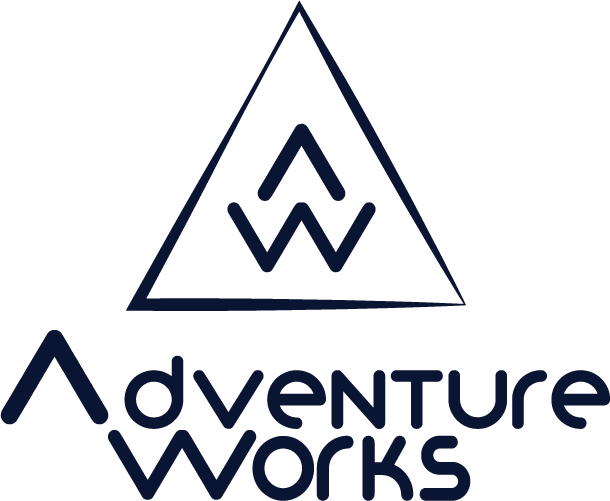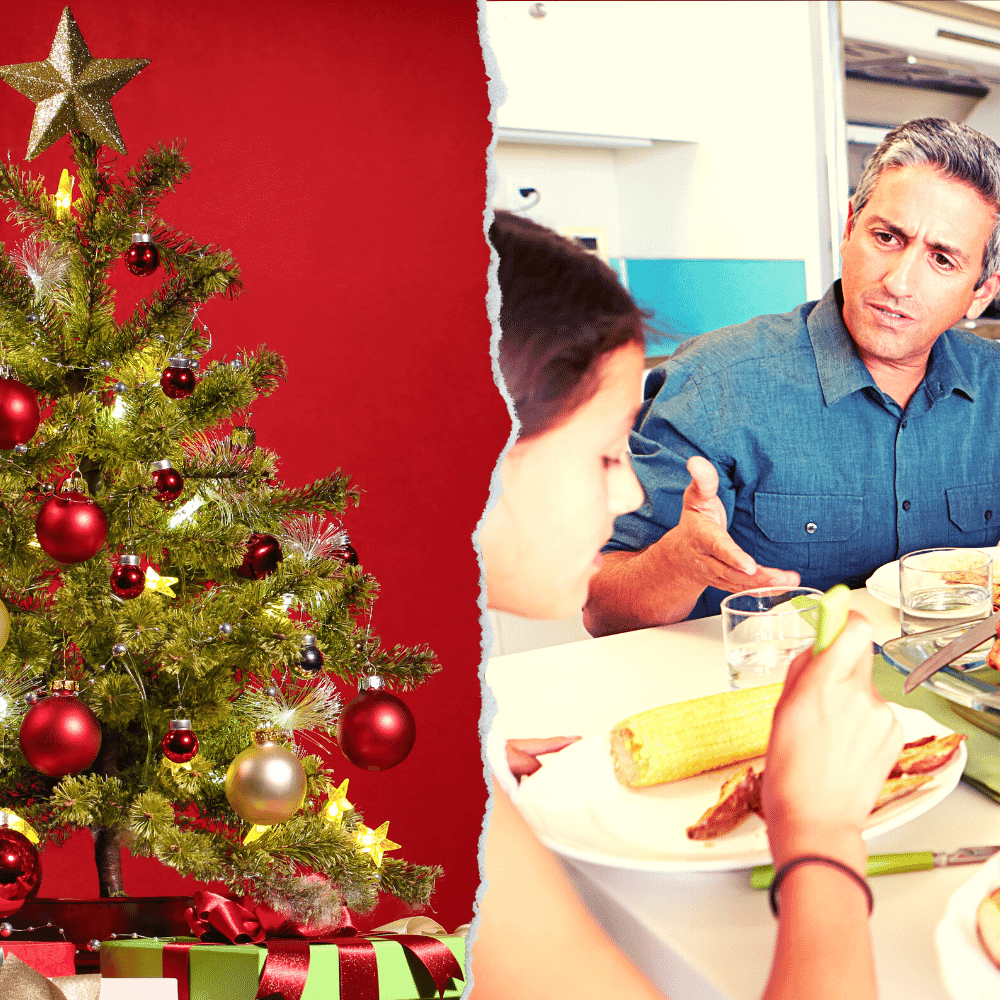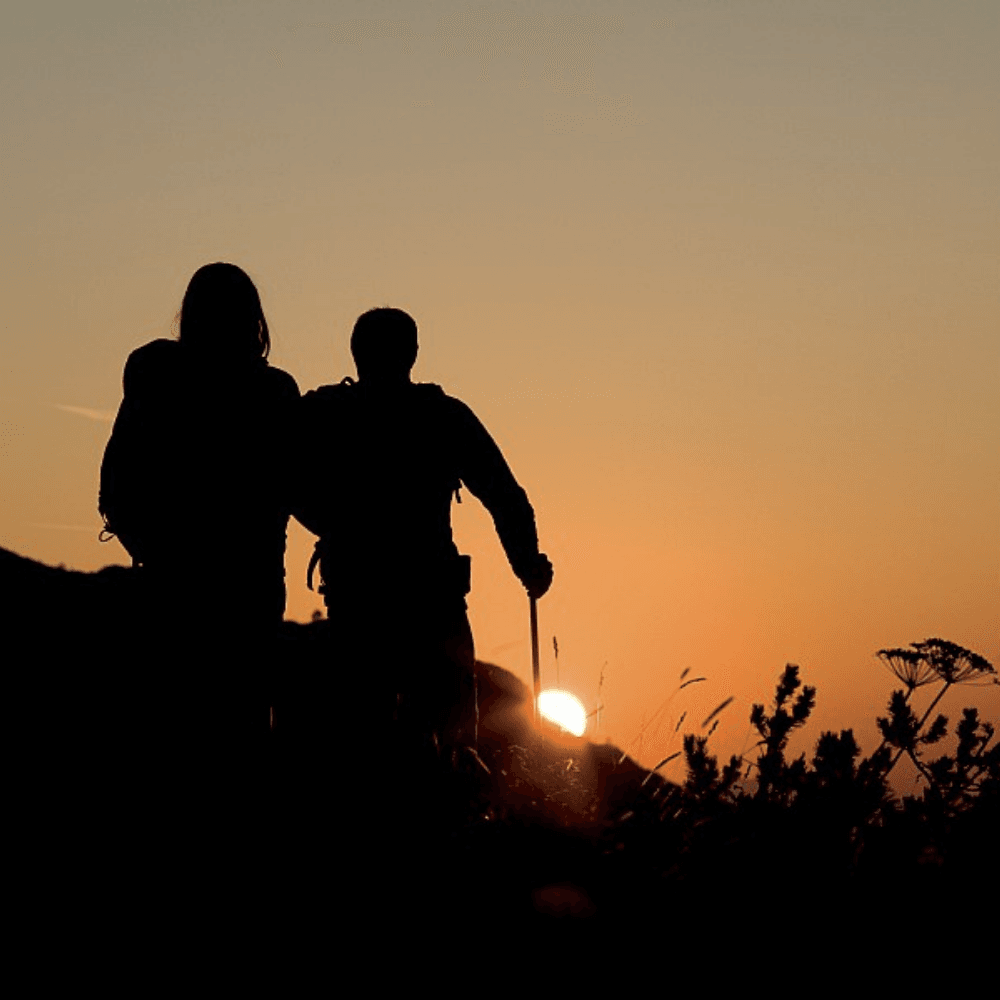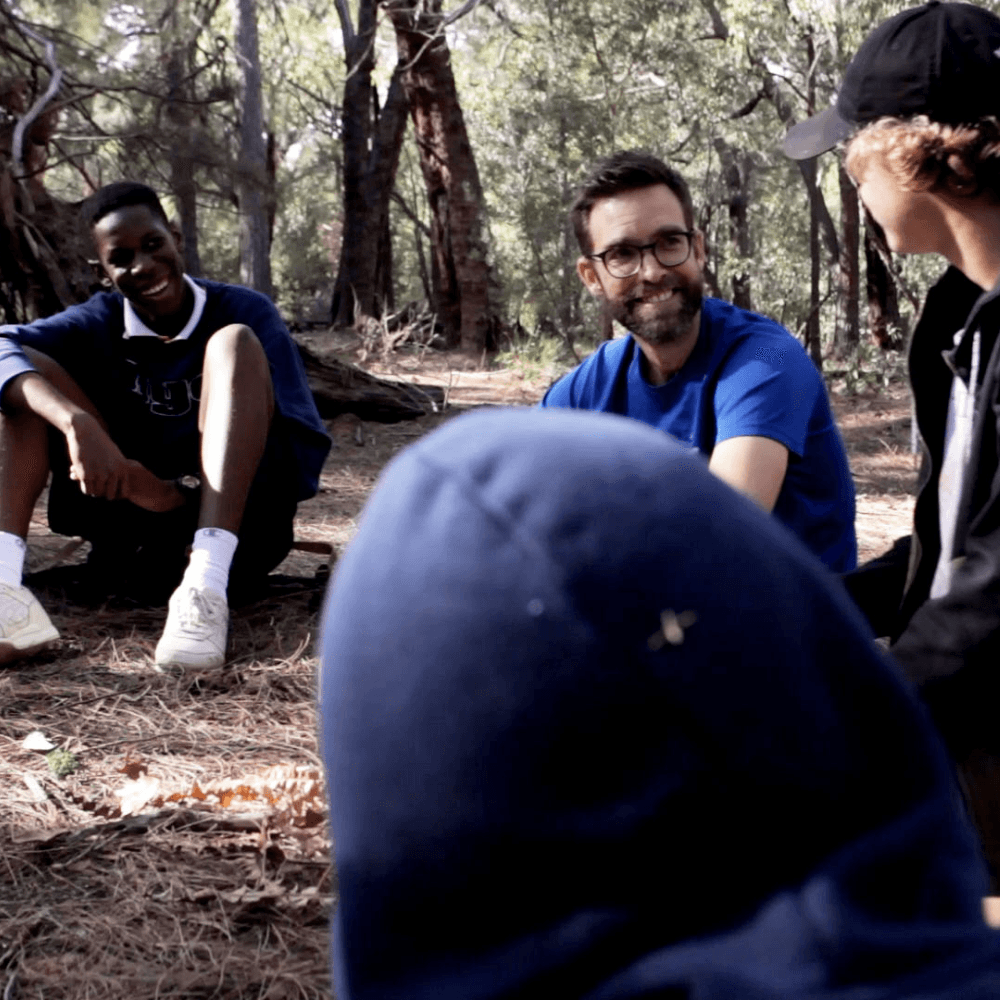Adulthood doesn’t happen at 18—it happens through experience.
There’s no switch that flips when a young person turns 18, no secret key handed over at graduation. And yet, society often treats adulthood as if it arrives in a single moment—a milestone marked by age or academic achievement.
But talk to any educator, parent, or teenager, and you’ll hear a very different story. Adulthood doesn’t happen at 18—it happens through experience.
Today’s young people face a complex landscape of new challenges, often navigating the path to adulthood without clear guidance, support, or structured celebrations. In the absence of meaningful transitional experiences, many teens feel uncertain and overwhelmed, quietly wondering:
What does it actually mean to become an adult?
Adulthood is more complex and meaningful than any single milestone can capture. Historically, cultures around the world understood this complexity. They embraced structured rites of passage—intentional, celebrated experiences designed to support young people as they transitioned from childhood into adulthood. These ceremonies weren’t mere formalities; they were crucial moments that equipped young people with confidence, clarity, and a sense of purpose and belonging.
Today, such meaningful rites of passage are largely forgotten. Young people are often left unsupported at precisely the moment they most need guidance, facing a complicated landscape shaped by pressures from social media, intense academic expectations, identity exploration, body image concerns, and mental health struggles. Navigating these challenges can feel isolating and overwhelming.
There isn’t a single answer to what it means to be an adult. Instead, our role is to provide a safe, supportive and open space for young people to begin their process of working out what adulthood looks like to them.
Adulthood as a Process, Not a Moment
At AdventureWorks WA, we understand that stepping into adulthood is not an event—it’s a journey. Our Into Adulthood program isn’t simply a camp or a brief experience; it’s an ongoing partnership with families, schools, and communities spanning years. We support young people in building meaningful connections—to themselves, their community, their unique skills and strengths, and ultimately, their vision for the adult they want to become.
Our Into Adulthood program bridges the gap left by the disappearance of traditional rites, providing modern, transformative experiences tailored specifically to today’s teens.
When we fail to provide structured and community-supported transitions, young people naturally seek their own rites of passage—often with devastating consequences. Adolescents are biologically wired to prove themselves, push boundaries, and take on responsibilities. If we continually treat them as children in schools and homes, they either rebel, retreat, or remain indefinitely stuck as children in adult bodies.
Through immersive outdoor group experiences, in-school workshops and online learning, our program helps young people explore essential questions that shape their adult identities:
- Who am I? Identifying personal values, strengths, and emotional awareness.
- How do I show up? Understanding their relationships and impact on others, developing empathy and communication skills.
- What do I stand for? Discovering their sense of purpose, direction, and passion.
- What happens when I fail? Learning resilience through challenges and structured reflection, enabling them to face setbacks constructively.
These aren’t theoretical exercises. They are real, lived experiences, grounded in community and personal growth.
Into Adulthood doesn’t promise to create perfect young adults. It’s not a checklist or a box to tick.
What it does offer is a beginning. A threshold. A moment in time when a young person steps forward and says:
“This is who I’m becoming.”
“This is what I value.”
“This is the life I want to lead.”
“These are the people I need.”
“This is what is getting in the way.”
It gives them the tools—and the confidence—to keep walking that path.
The Vital Role of Community
Historically, rites of passage involved entire communities. Research consistently shows that community involvement significantly enhances young people’s sense of identity, belonging, and self-worth.
Today’s research shows that when young people grow up in supportive environments where mistakes are met with understanding and open conversations are encouraged, their ability to cope with adversity dramatically improves. One long-term Australian study found that protective factors—especially family cohesion and strong peer relationships—are directly linked to better mental health and resilience in at-risk youth.*
This means it’s not just about preventing mistakes—it’s about creating a space where teens feel safe to explore, stumble, and then share what they’re going through. That supportive environment—rooted in connection and empathy—is one of the strongest buffers they can have when things get tough.
At AdventureWorks WA, we intentionally engage mentors, peers, families, and educators, creating a robust support system. This collective approach ensures every young person is genuinely seen, acknowledged, and empowered to navigate their personal journey toward adulthood.
Empowering the Journey Ahead
The benefits of supported transitions are profound and long-lasting. Teens who participate in intentional rites of passage report higher emotional resilience, improved mental health, and stronger relationships. Structured experiences don’t just mark adulthood—they actively shape healthier, more fulfilling futures.
It’s time we redefined adulthood not as a mere moment but as a transformative process worthy of celebration, support, and intention.
Let’s commit to giving young people the tools—and the confidence—to not just step into adulthood, but to embrace it fully.
These qualities don’t develop automatically. They require space. Challenge. Guidance. And community.
If we want to raise capable, conscious, resilient adults, we need to stop asking “Are they ready?”
And start asking: “Have we given them the opportunity to become ready?”
Explore how AdventureWorks WA guides teens through the meaningful journey into adulthood.





